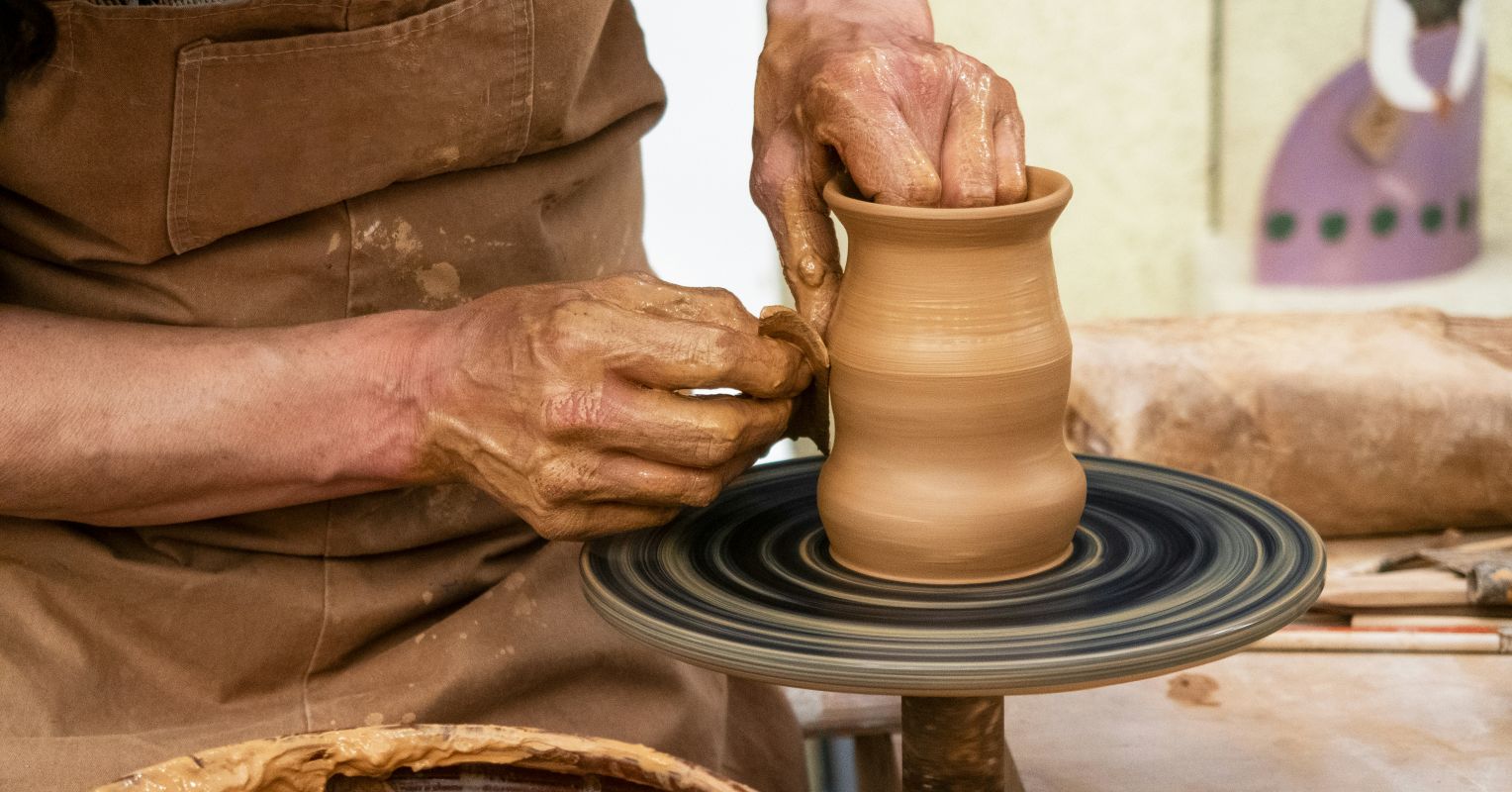
"As humans we like to do what we've done before and keep doing it that way for as long as possible. It's not stubbornness; It's primal. If that way out of the forest kept us from being eaten by a bear, well, let's go that way every time. And I see with my clients in large organizations the same resistance. They aren't outrunning bears or even being irrational."
"Habits are comforting, and that's part of the problem The downside of habits is the same as the upside - the seductive comfort of consistency. The problem is that life is not a repeatable event. Your favorite coffee shop closes. The weather changes. There's an accident up ahead on your commute. When we cling too closely to our preferred methods, we become dependent on them. Change is unfamiliar, and that can be deeply unsettling."
Humans are built for stability and prefer repetition because it reduces risk and increases efficiency and confidence. Habits provide psychological comfort and practical efficiency, but their seductive consistency creates dependency that fails when circumstances change. Change can be frightening or provoke anger, but adaptability can be strengthened by intentional disruption of routines, learning new skills, altering commutes, and voluntary risk-taking in safe environments. Disruption builds the muscular capacity to adjust. Adaptability is essential in workplaces and organizations where the status quo may appear less risky despite changing external conditions.
Read at Psychology Today
Unable to calculate read time
Collection
[
|
...
]